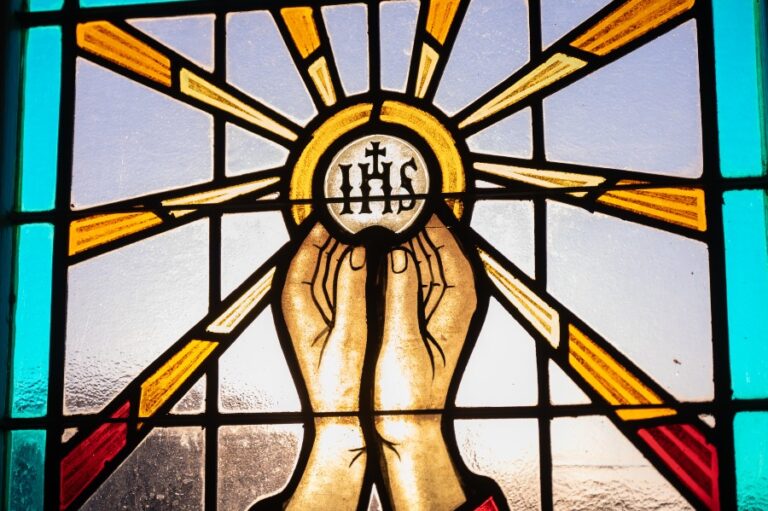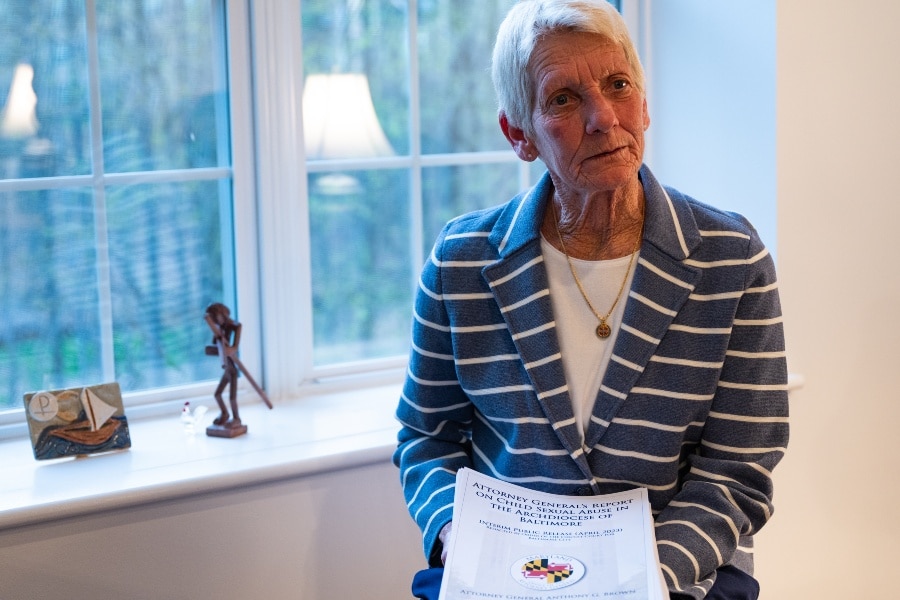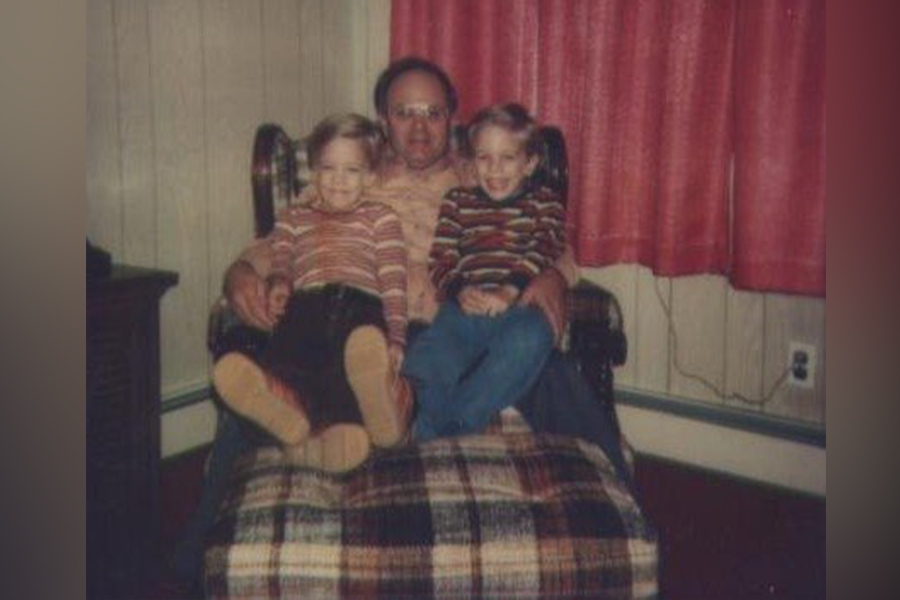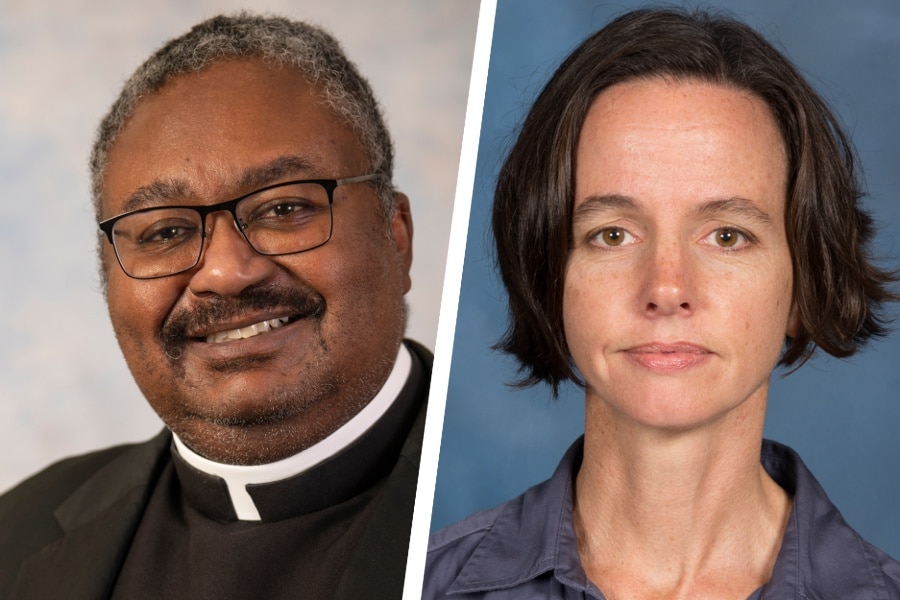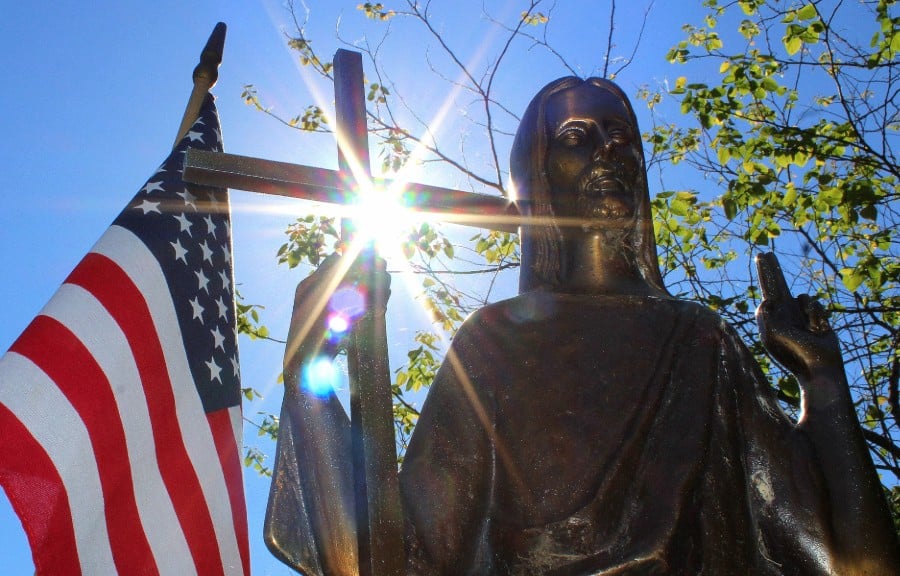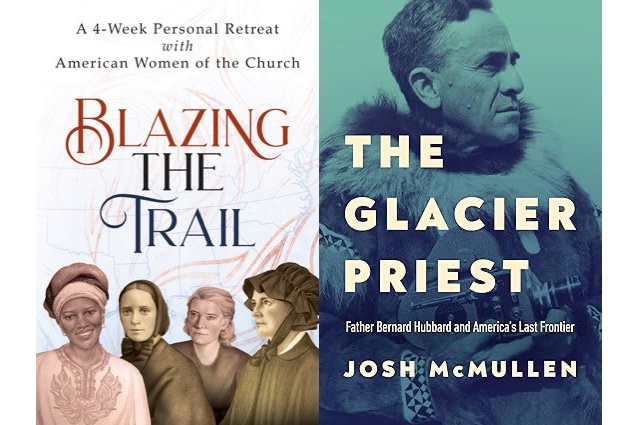I was only a few paces out the doors of the Basilica of the National Shrine of the Immaculate Conception in Washington when I saw a middle-aged woman with a furrowed brow rush over to another departing Massgoer.
Noting the camera around the woman’s neck, I assumed she was likely a tourist who had popped in for a mid-day liturgy just before Holy Week.
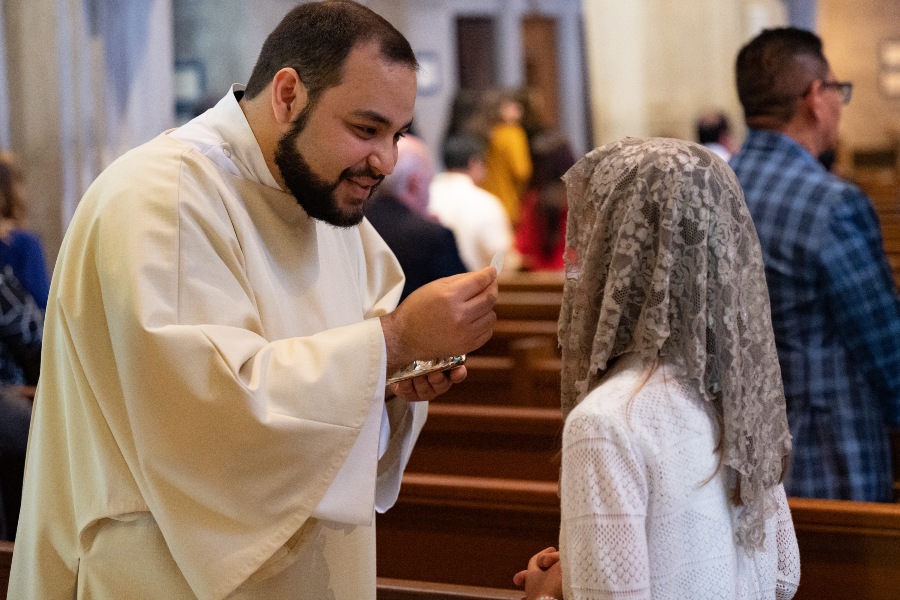
“When I went up to get the cracker,” I heard the woman say, “someone at Mass yelled at me and accused me of not eating it – but I did. I just didn’t know how I was supposed to do it. Why was she so upset with me?”
Immediately, I knew this person wasn’t Catholic – or, if she was, she wasn’t practicing. Her reception of the sacrament that day could have very well been her first. Thinking she was doing the right thing, she likely got into the Communion line when she saw everyone else doing it. I doubt she was trying to be offensive or sacrilegious.
I strained to eavesdrop on my fellow Mass attendee’s response to the many complex issues raised by the woman’s concerns, but I couldn’t hear what she said. Soon, I was in my car heading back to Baltimore.
For much of my ride home and for many days since, that incident has been on my mind.
What would I have said to that woman? How could I have possibly explained in a clear, charitable way that the consecrated host was no “cracker”? How could I have conveyed the significance of the real presence of Christ – Body, Blood, Soul and Divinity – in the Blessed Sacrament to a stranger who had zero understanding of it? And how could I have done it in a way that still made that woman know she was welcome at Mass even if she might not be able to receive Communion?
I haven’t come up with very good responses, but I keep coming back to some personal experiences.
Just after I received my first Communion as a second grader at St. Clare in Essex more than four decades ago, Agnes Vanecek, a paternal aunt who died in October at 104, sent me a beautiful typewritten note.
Congratulating me on reaching a spiritual milestone, Aunt Agnes described how she liked to “play a game” with Jesus every time she received the Blessed Sacrament.
As part of her prayers after Communion, my aunt said, she would kneel and invite Christ into her heart. Then she promised to do all she could to stay close to him.
If I would do the same, she said, I would know Christ’s love more deeply in my life and I would grow in faith.
It was simple advice, written for a child – yet as profound as anything ever taught by the most-learned theologian.
As one of my own daughters prepares to receive her first Communion this spring, my wife and I try to explain that in the Eucharist we encounter the God of the universe. Just as food feeds and nourishes our bodies, the Eucharist feeds and nourishes our souls. It gives us the strength to resist sin and to be Christ’s presence in the world.
The Eucharist is not a symbolic act. It’s not just a nice ritual. In receiving Communion, we are nourished by the living presence of Christ. We believe it’s truly Christ’s Body and Blood because Christ said it is.
Finding the language to explain that profound mystery isn’t easy. During this time when the U.S. bishops have been promoting their National Eucharistic Revival, we have an opportunity to think deeply about what the Eucharist means and how we can communicate that meaning to others so they might come to the altar.
St. Teresa of Kolkata had it right when she said we understand how much Jesus loved us when we look at the crucifix, but when we look at the sacred host, we understand how much Jesus loves us now.
Email George Matysek at gmatysek@CatholicReview.org
Also see
Copyright © 2024 Catholic Review Media

